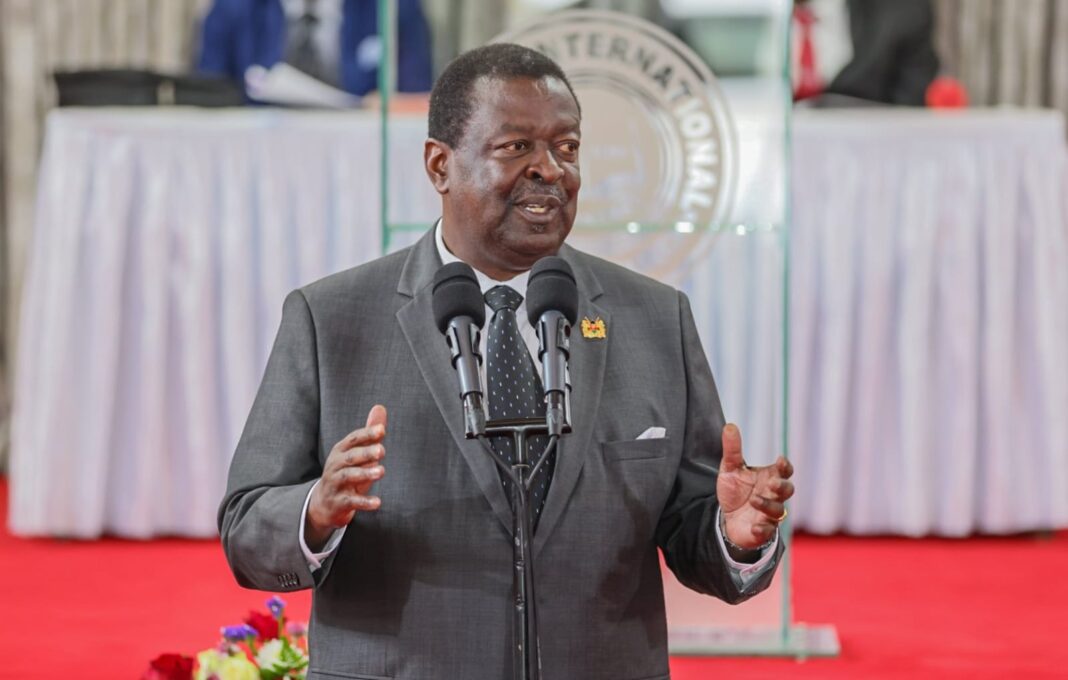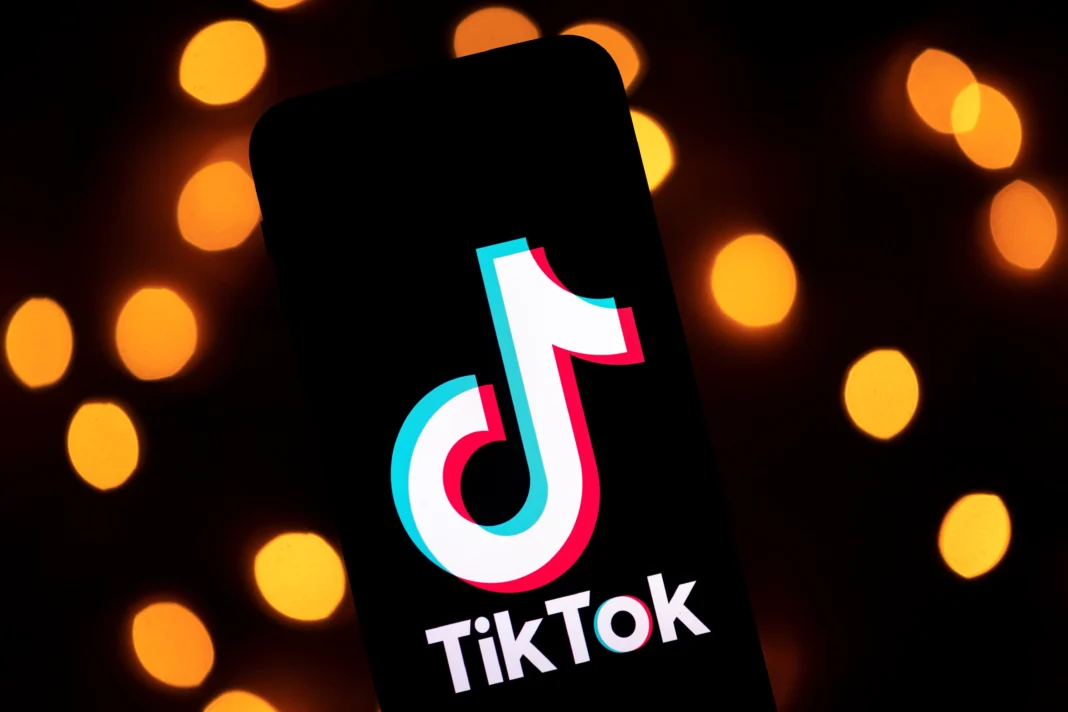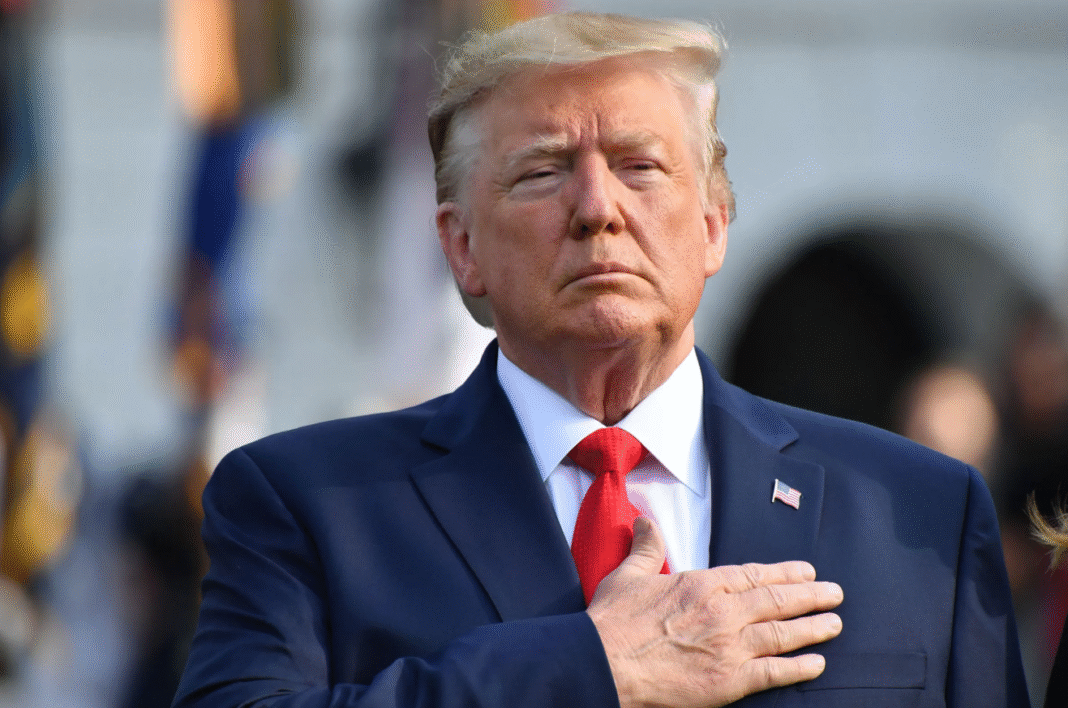The government has come out strongly to defend its decision to spend Ksh271 million on a U.S. lobbying firm tied to Donald Trump allies.
In a detailed statement, officials argued that hiring lobbyists is a legitimate global practice meant to protect Kenya’s economic and security interests.
With major trade talks looming and the Haiti mission in need of American support, the Ruto administration insists this is not a scandal but a strategic investment.

Why Mudavadi Defends Ksh271M Hire of Trump Allies
Prime Cabinet Secretary Musalia Mudavadi has publicly defended the Ksh271M hire of Trump allies through the American firm Continental Strategy LLC. The contract, worth $2.1 million, is aimed at strengthening Kenya’s standing in Washington at a critical moment.
Officials said the deal is designed to help Kenya secure a favorable trade agreement with the United States before the African Growth and Opportunity Act (AGOA) expires in September. At the same time, Kenya is leading a multinational security mission in Haiti, which heavily depends on American financial and diplomatic backing.
Mudavadi’s office argued that hiring lobbyists is not unusual. In a 17-page statement issued on July 28, the government pointed to 44 previous cases dating back to 1964 where Kenya engaged American lobbying firms. From Jomo Kenyatta to Daniel arap Moi, Mwai Kibaki, and Uhuru Kenyatta, successive administrations have used similar strategies.
According to the government, the Ksh271 million deal is a “strategic investment with guaranteed returns.” Lobbyists are expected to accelerate conversations around a post-AGOA trade framework and to build support for Kenya’s role in Haiti.
The statement also highlighted benefits for Kenyans in the diaspora. A stronger U.S.-Kenya trade framework, officials said, would not only boost exports but also create economic protections and opportunities for Kenyans abroad.
Ksh271M Hire of Trump Allies Framed as Tradition
Government officials dismissed criticism by framing the lobbying deal as part of a long diplomatic tradition rather than a scandal. They stressed that most governments, including African states and global powers, hire lobbyists to advance their national interests in Washington.
The statement noted that Kenya is not doing anything secretive. Under U.S. law, lobbying agreements must be disclosed under the Foreign Agents Registration Act (FARA). This means that details of Kenya’s contract with Continental Strategy are publicly available for any media house, civil society group, or citizen to access.
The release appeared to counter reports that portrayed the deal as underhanded. “Just as one media outlet accessed these records to create its headline story,” the government said, “so too can any other interested organisations freely obtain these publicly available documents.”
By emphasizing transparency, the administration tried to turn the controversy into proof of openness rather than secrecy.
Continental Strategy and the Political Gamble
The choice of Continental Strategy, however, reveals the political calculation at the heart of the deal. The firm is led by Carlos Trujillo, a Trump loyalist and former U.S. ambassador to the Organization of American States. Trujillo is also serving as a surrogate for Trump’s 2024 campaign.
By hiring Trump allies, Kenya seems to be betting on maintaining strong connections with Washington regardless of who wins the 2024 U.S. presidential election. Ruto’s government has praised China as a “co-architect of a new world order” while at the same time leaning heavily on the United States for trade, security, and diplomatic guarantees. This balancing act requires careful maneuvering in an unpredictable global environment.
Critics argue that the contract reflects misplaced priorities at a time when ordinary Kenyans face high taxes, inflation, and a rising cost of living. Supporters, however, insist the deal will pay off by securing trade access, boosting Kenya’s exports, and ensuring American backing for critical security missions.
The government appears determined to push forward with this strategy, defending the lobbying deal as necessary, lawful, and beneficial. Whether Kenyans agree remains to be seen, but the political gamble has now been placed squarely on the table.


